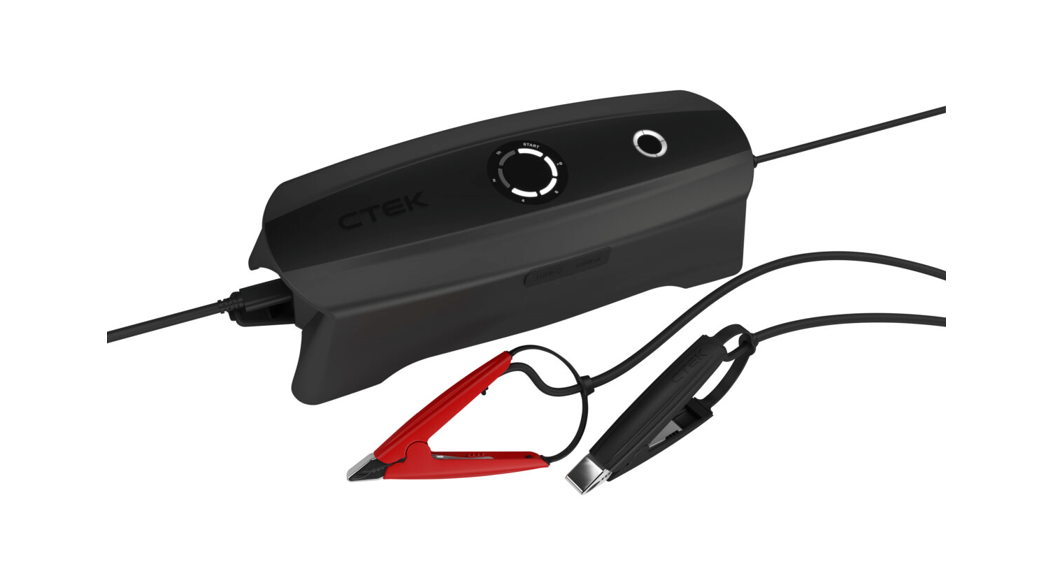 USER MANUALCS ONE
USER MANUALCS ONE


![]()
![]()
![]()
![]()
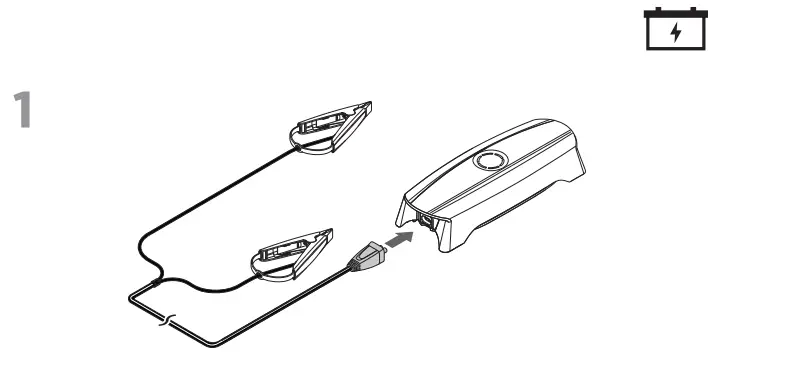  |
|
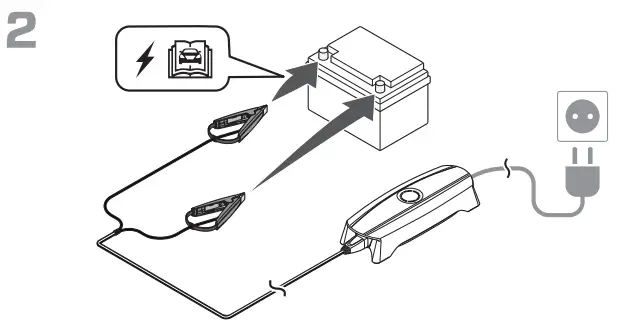  |
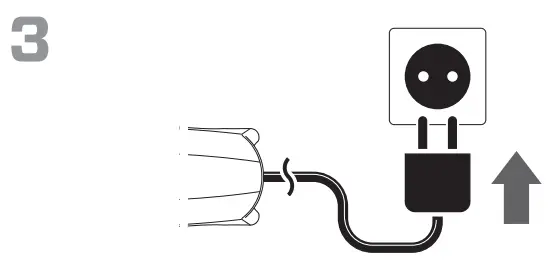  |
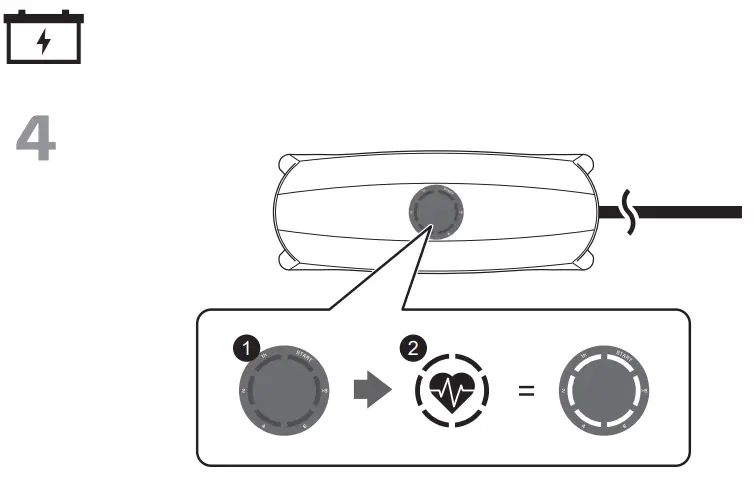  |
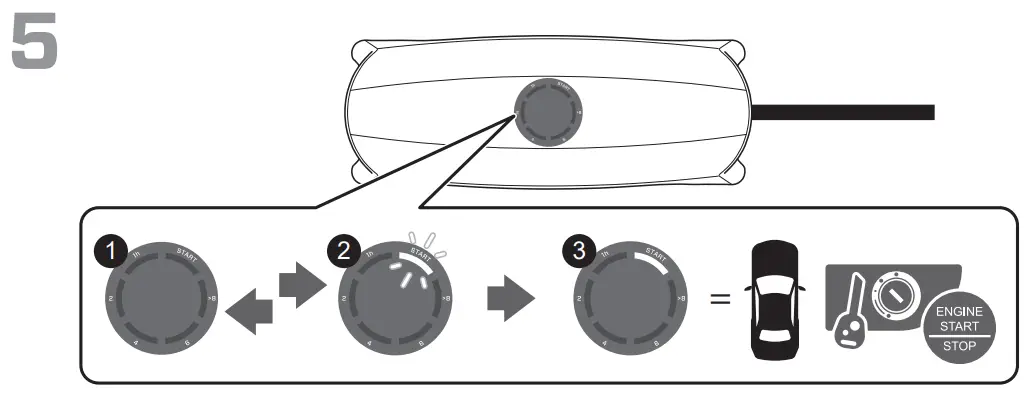  |
  |
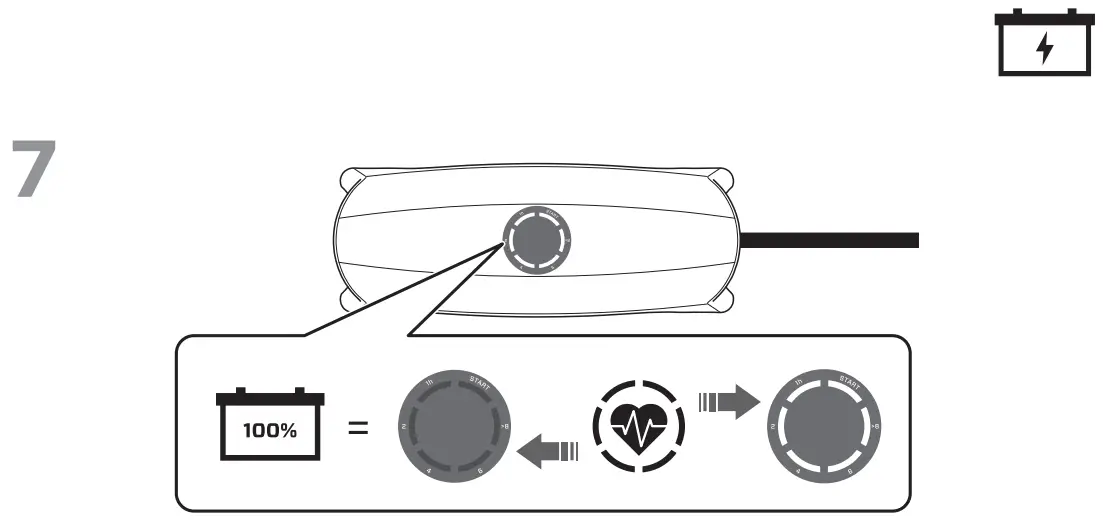  |
  |
  |
  |
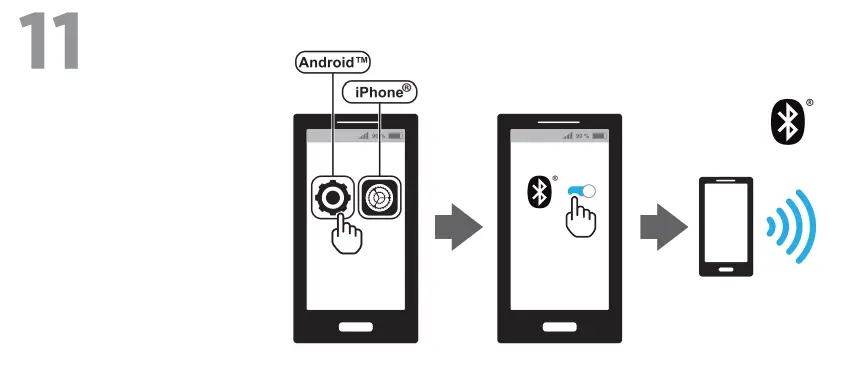  |
  |
  |
  |
  |
  |
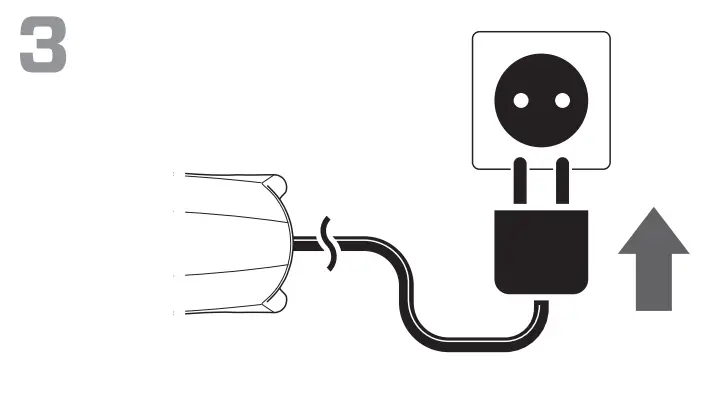  |
  |
  |
  |
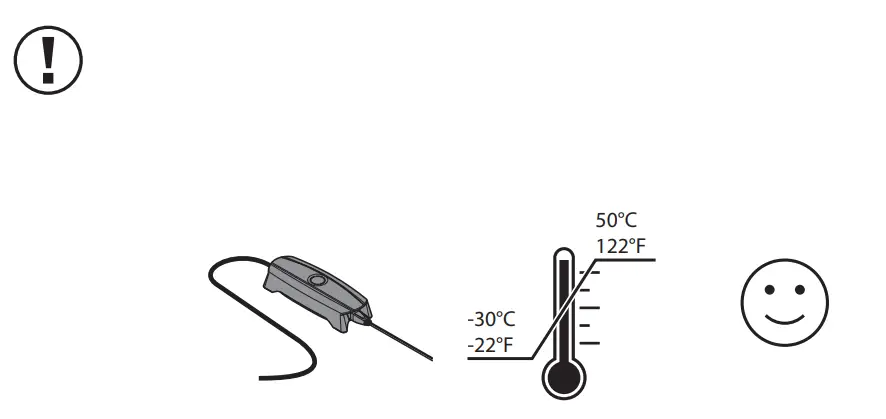  |
  |
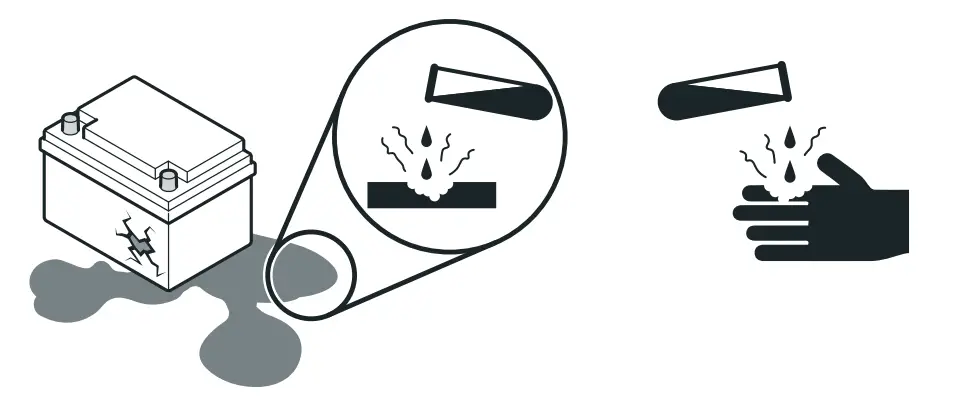  |
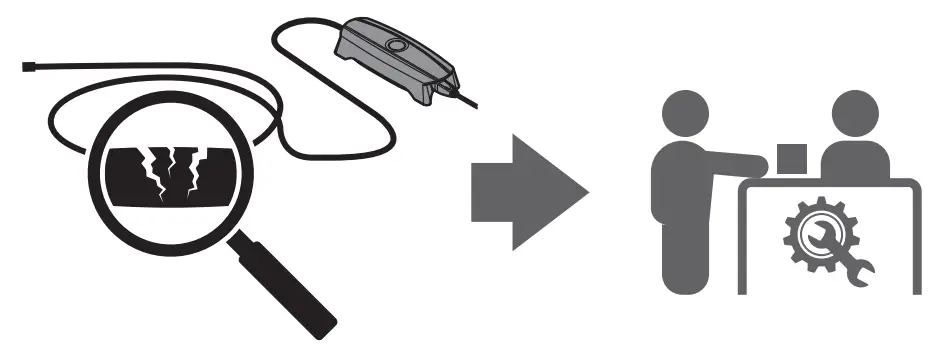  |
  |
  |
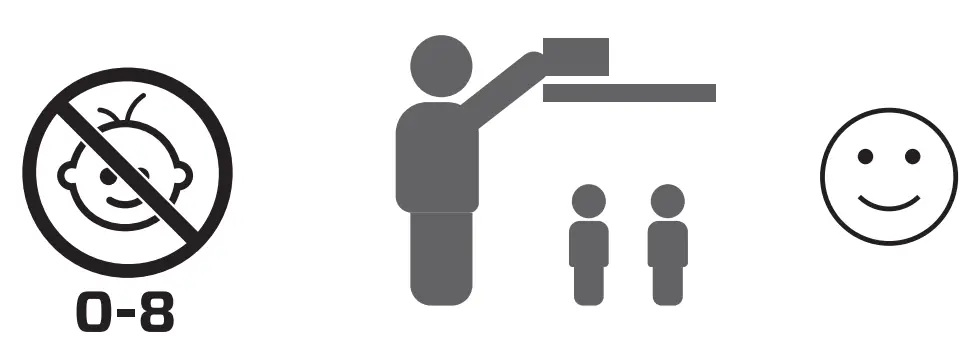  |
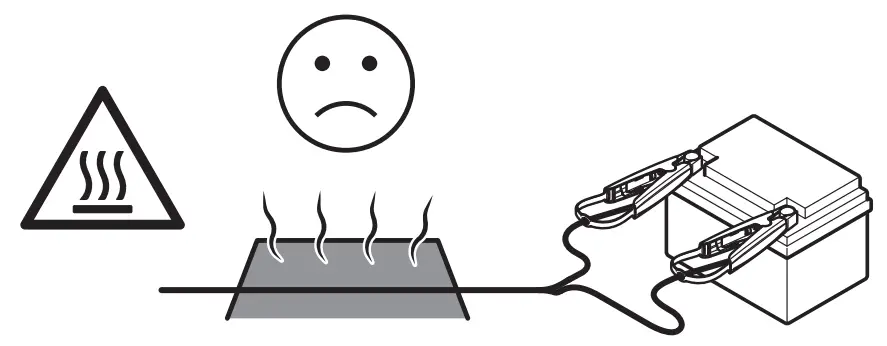  |
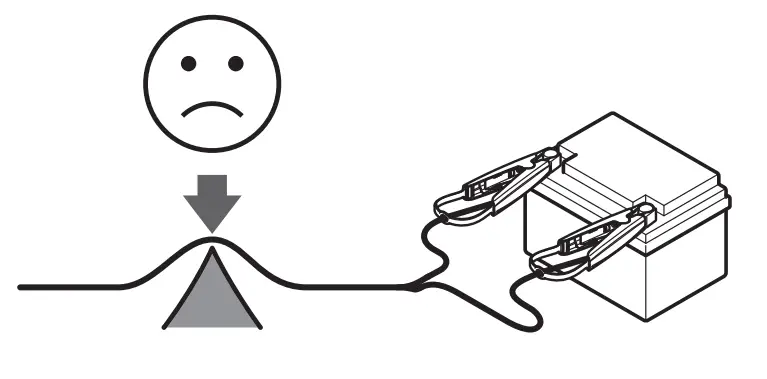  |
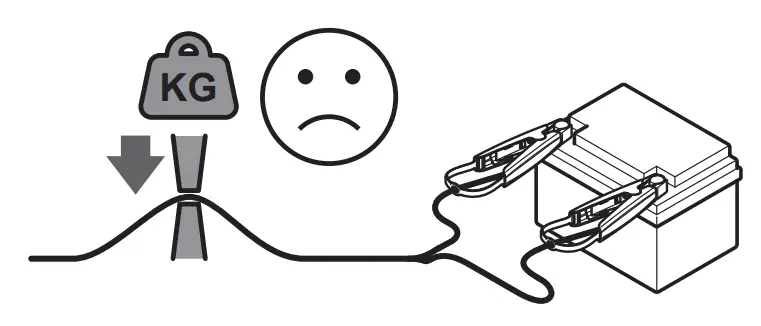  |
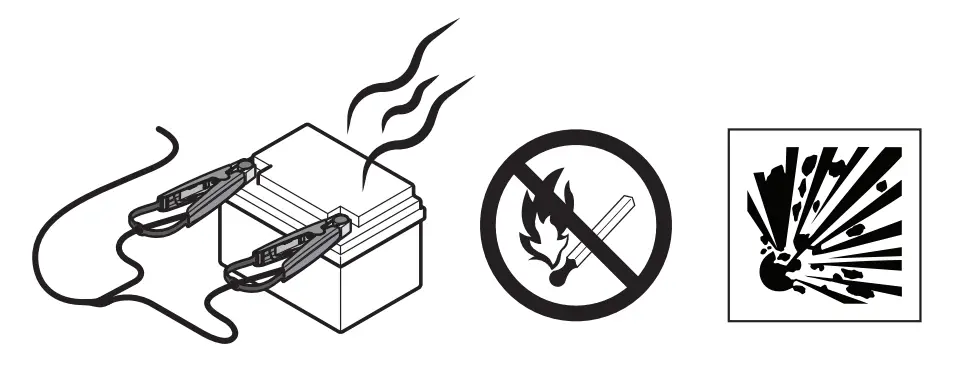  |
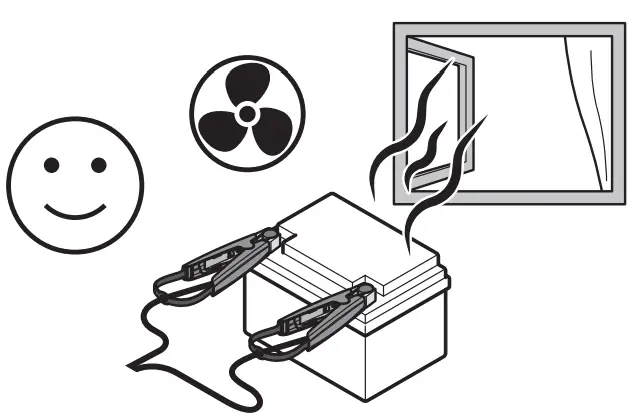  |
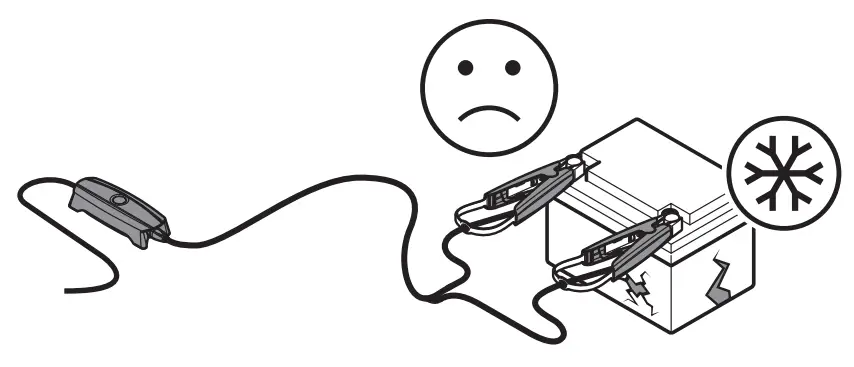  |
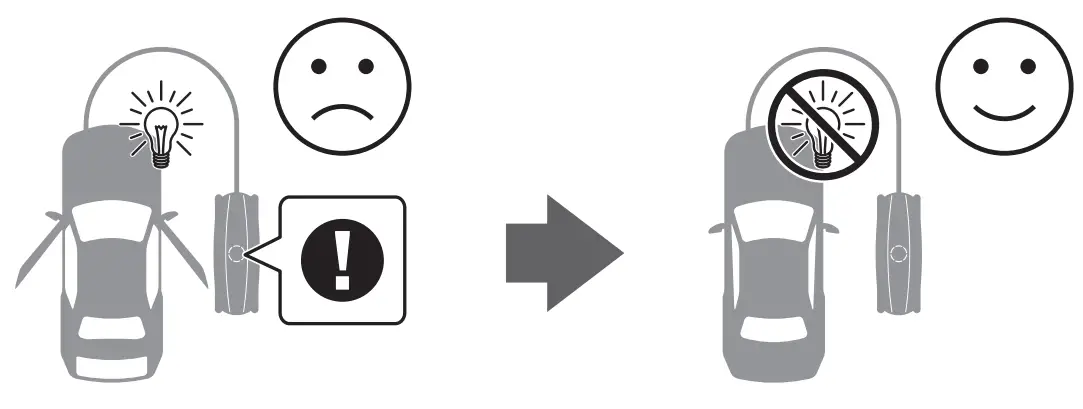  |
Technical data
| TECHNICAL DATA | |
| Model number | 1098 |
| Input | 220–240 VAC, 47–63 Hz, 1.2 A |
| Output | 12 V, 8 A |
| Ambient operating temperature | -30°C to +50°C |
| Battery types | 12 V: WET, MF, Ca/Ca, AGM, EFB, GEL, LiFePO4 |
| Battery capacity | 3–180 Ah |
| Ingress protection | IP65 |
| Net weight (unit with cables) | 675 g |
| Dimensions (L x W x H) | 235 x 88 x 52 mm |
Bluetooth®
The Bluetooth® word mark and logos are registered trademarks owned by the Bluetooth® SIG, Inc. and any use of such marks by CTEK is under license. Other trademarks and trade names are those of their respective owners.
Limited warranty
CTEK issues a limited warranty to the original purchaser of the product. Depending on the product, the limited warranty period will vary. The limited warranty is not transferable. The warranty applies to manufacturing faults and material defects. The warranty is void if the product has been handled carelessly or repaired by anyone other than CTEK or its authorized representatives. CTEK makes no warranty other than this limited warranty and is not liable for any other costs other than those mentioned above, i.e. no consequential damages. Moreover, CTEK is not obligated to any other warranty other than this warranty.
Revisions
Changes to the product can cause changes to the maintenance work. The descriptions and specifications contained in this manual were in effect at printing. To make sure that the maintenance instructions are complete and up to date, always read the manual published on our website.
Safety
- The charger is only designed for charging batteries according to the technical specification. Do not use the charger for any other purpose.
- Always follow battery manufacturers’ user and safety recommendations.
- Never try to charge non-rechargeable batteries.
- Never place the charger on top of the battery or cover the charger when charging.
- Never charge a frozen or damaged battery.
- Never use a charger with damaged cables. Ensure that the cables have not been damaged by hot surfaces, sharp edges or in any other way.
- Never place a fan-cooled product so that dust, dirt, or similar can be sucked into the fan.
- A damaged cable must be replaced by a CTEK representative using an original part supplied by CTEK.A detachable cable can be replaced by the user using an original part supplied by CTEK.
- Never extend the charger cable to a total length of more than 3.0 m. Use only original parts supplied by CTEK.
- Extension of output cable may cause electromagnetic interference.
- Connection to the mains supply must be in accordance with the national regulations for electrical installations.
- Chargers with grounded mains plugs must only be connected to a grounded socket outlet.
- During charging, lead-acid batteries can emit explosive gases. Prevent sparks close to the battery.Provide good ventilation.
- Chargers with IP-class lower than IPX4 are designed for indoor use. See technical specification. Do not expose to rain or snow.
- Connect the charger to the battery’s positive pole and then to the negative pole. Then connect the charger to the main supply.
- For batteries mounted inside a vehicle, connect the charger to the battery’s positive pole and then to the vehicle chassis remote from the fuel pipe. Then connect the charger to the main supply.
- Disconnect the charger from the main supply. Next, remove the negative connection (vehicle chassis) and then the positive connection.
- Don’t leave any battery unattended for a longer period of time during charging. If any error occurs disconnect the charger manually.
- (IEC 7.12 ed.5) This appliance is not intended for use by persons (including children) with reduced physical, sensory or mental capabilities, or lack of experience and knowledge unless they have been given supervision or instruction concerning the use of the appliance by a person responsible for their safety. Children should be supervised to ensure that they do not play with the appliance.(EN 7.12) This appliance can be used by children aged from 8 years and above and persons with reduced physical, sensory or mental capabilities, or lack of experience and knowledge if they have been given supervision or instruction concerning the use of the appliance in a safe way and understand the hazards involved. Children must not play with the appliance. Cleaning and user maintenance must not be made by children without supervision.



References
[xyz-ips snippet=”download-snippet”]

